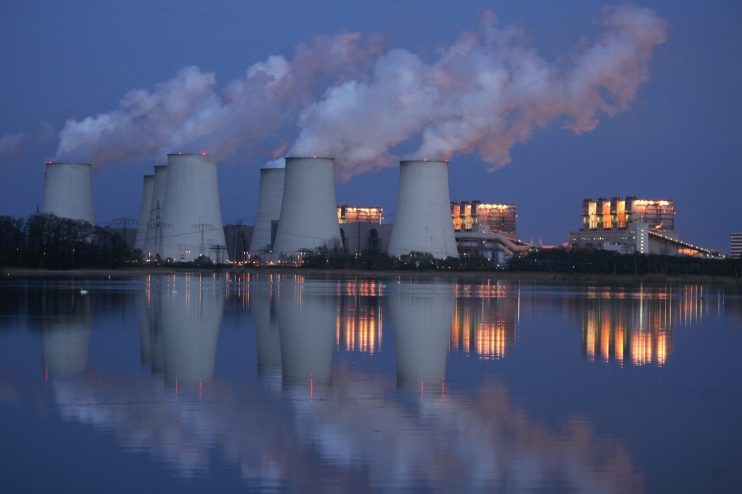Russia’s invasion of Ukraine hastens peak for global carbon emissions

Russia’s invasion of Ukraine will catalyse the consumption peak in fossil fuels worldwide, according to the International Energy Agency (IEA).
The Paris-based climate agency now expects gas demand to join oil and coal in topping out near the end of the current decade.
It forecasts global carbon emissions from energy will peak in 2025 thanks to a huge upturn in government spending on clean fuels in response to Russia’s invasion of Ukraine.
Chief executive Fatih Birol hoped that government spending on clean energy in response to the crisis would mark a “historic turning point” in the transition away from fossil fuels.
He argued government energy policies were rapidly evolving following Russia’s decision to weaponise its gas supplies to Europe in retaliation for western sanctions after the country’s invasion of Ukraine.
This meant the world was fast approaching a “pivotal moment in energy history” as demand for the fossil fuels that have underpinned the modern economy since the emergence of the industrial evolution reaches an inflection point.
He told the Financial Times: “After rapid growth in gas consumption in the last 10 years, we think the golden age of gas is coming to an end. Together with the decline in coal and oil that we were already expecting, we now see a peak around 2030 for all fossil fuels.”
The IEA expects investments in clean energy will spike 50 per cent by the end of the decade to $2tn a year, or more than double the amount invested annually in fossil fuels today.
However, it warned that green investments must rise even faster to $4tn annually by 2030 if the temperature targets established by the Paris Agreement are to be met.
The IEA fears temperatures will rise above the pledged target of keeping global temperatures to within 1.5C degrees of pre-industrial levels.
It expects fossil fuel demand will decline only “steadily from the mid-2020s to 2050 by an annual average roughly equivalent to the lifetime output of a large oilfield”.
Birol concluded: “Major international efforts are still urgently required to narrow the worrying divide in clean energy investment levels between advanced economies, and emerging and developing economies.”
Countries are set to meet to establish new climate goals at COP27 in Cairo, Egypt next month.